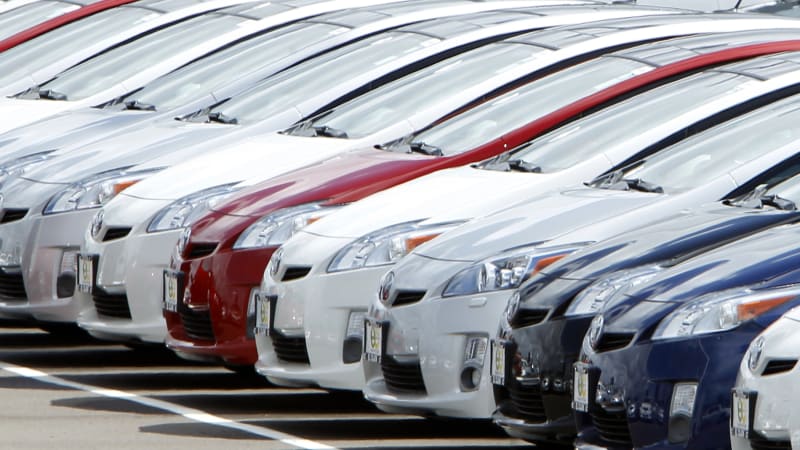Audi Repair Shop Doylestown
Call 267 279 9477 to schedule a appointment

New
imposed by the Trump administration against Chinese-made goods figure to take a chunk out of automakers’ profits and make cars more expensive for consumers, industry experts say.
The Trump administration on Monday levied a new 10 percent tariff on $200 billion worth of Chinese goods. They take effect Sept. 24 but increase to 25 percent on Jan. 1. The new tariffs target more than 100 automotive products including engines, gaskets, washers and rubber seals, tires, hydraulic and brake fluids, transmission shafts and cranks. They add to 25 percent tariffs already in place on $50 billion in Chinese goods.
China has retaliated in both cases, enacting earlier tariffs on American agricultural exports, and most recently enacting its own tariffs on $60 billion in U.S.-made goods. President Trump reportedly threatened on Monday to subject a further $267 billion in Chinese imports to tariffs — which would cover nearly everything China sells to the U.S.
“Certainly parts are going to go up across the board,” Charlie Chesbrough, senior economist and senior director of industry insights for Cox Automotive,
. “It seems like every vehicle will be impacted in some form or fashion, and that is bad news for consumers.”
Parts from China have become critical to the global auto industry.
“It’s hard to read a silver lining into this,” Kristin Dziczek, a vice president at the Center for Automotive Research,
. “Tariffs are taxes on American consumers. We’re going to sell fewer. And not only do we
parts from the rest of the world, we sell parts to the rest of the world, especially
. It’s all going to cost more. These are not things producers can choose to not pass along. This hits profits. This means less reinvestment. It starts a downward cycle that isn’t good.”
One analyst told the
Free Press
the affects of the new tariffs are likely to show up in sticker prices early next year. A protracted trade war with China, the world’s second-largest economy, could prompt automakers to rejigger their supply chains and source parts from different countries — a move that typically takes years.
“The administration has serious issues to resolve with China on market access, unfair subsidies, technology theft and cybersecurity. But there are less harmful ways to truly achieve free and fair trade with China,” U.S. Chamber of Commerce President and CEO Thomas J. Donohue said in a statement. “Today’s decision makes clear that the administration did not heed the numerous warnings from American consumers and businesses about the rising costs and lost jobs on Main Street, in factories and on farms and ranches across the country.”
Related Video:
from Autoblog https://ift.tt/2xv4BSD
